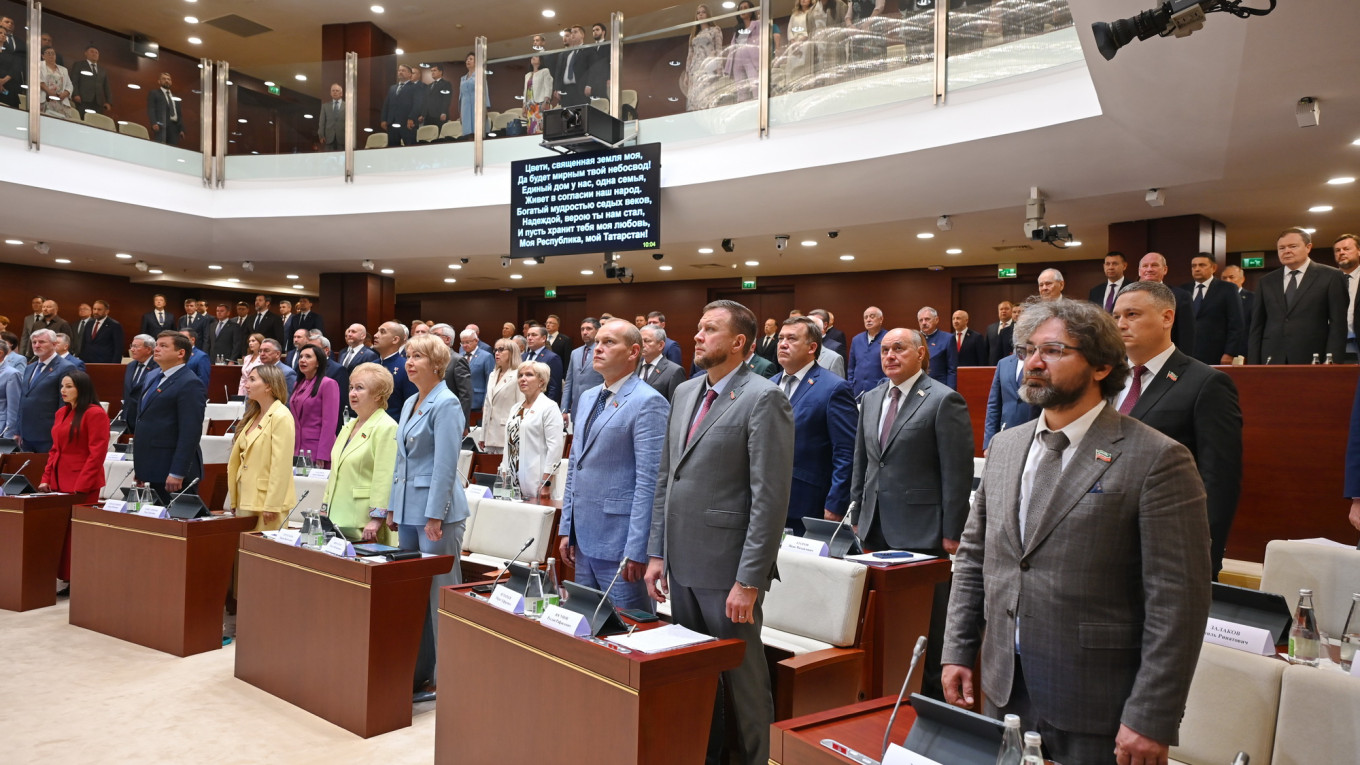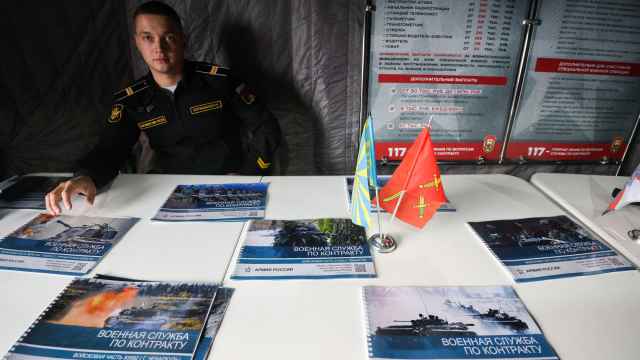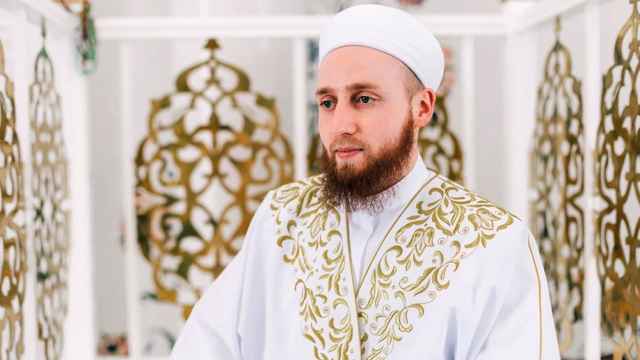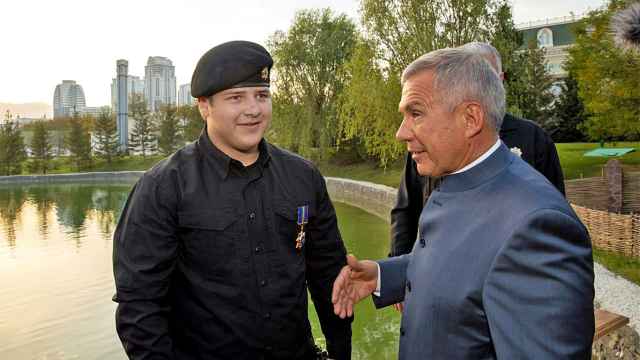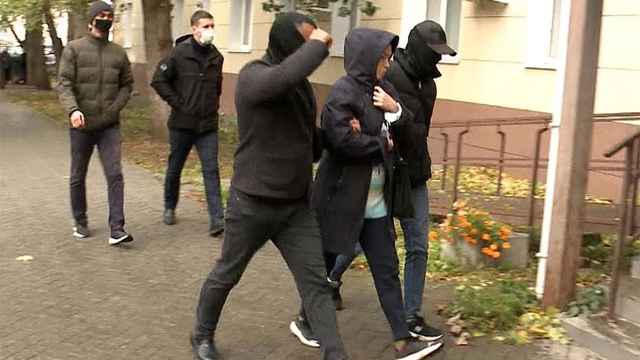Hello and welcome to Regions Calling, The Moscow Times’ newsletter helping you understand the key trends and events shaping life and politics beyond the Russian capital.
Following a brief hiatus, we are back in a revamped bi-weekly format, which will spotlight even more political, social and cultural trends from across Russia’s 83 regions and ethnic republics.
Subscribe here so you never miss an issue.
The Headlines
News linked to environmental issues and natural disasters have dominated regional headlines.
- In the Krasnoyarsk region, authorities admitted that nearly 80 metric tons of diesel fuel spilled into the world’s fifth-longest river system, the Yenisei, resulting in an estimated 1.2 billion rubles ($15.3 million) in environmental damage.
- In the Kamchatka peninsula, a series of powerful earthquakes prompted officials to issue a tsunami warning on Sunday, which was lifted later the same day.
- In the republic of Tyva, authorities declared a regionwide state of emergency on Tuesday in response to a growing number of wildfires. Meanwhile, the governor of the neighboring Zabaikalsky region blamed record fires on arsonists allegedly working on behalf of Ukraine.
- A high-level delegation of officials headed by Prime Minister Mikhail Mishustin arrived in the republic of Altai for the four-day “International Environmental Conference” this week. The event, which concludes on Saturday, is also attended by top officials from Commonwealth of Independent States countries, including Armenian Prime Minister Nikol Pashinyan. Moscow could hardly have chosen a more inappropriate place for an official-level discussion about environmental issues — read why in a previous edition of Regions Calling.
- The ripple effects of the invasion of Ukraine also remained an ever-present concern for residents of Russia’s republics. The disruptions of more than 1,000 flights in Moscow over the weekend was bad news for travelers from the regions, who remain overwhelmingly reliant on the capital for inter-regional travel.
The Spotlight
Tatarstan’s Viral Demarche, Explained
Last week, deputies of the State Council of Tatarstan, the unicameral legislative body of Russia’s Volga-Ural republic, staged a rare public demarche against Moscow at their final parliament session before summer recess, criticizing planned changes to federal policy on Indigenous language education.
The Education Ministry-led reform would further reduce the total number of hours allocated to the study of Indigenous languages and literature in first-grade classes to one hour per week. It would also change the subject’s name from “Native language” to “Language of an ethnic group of the Russian Federation.”
Though this might seem like a minor formality, activists and officials from Tatarstan and Sakha believe that the measure helps marginalize non-Russian ethnic identities by denying that a language other than Russian could be considered native. At the same time, reduction of teaching hours further facilitates the erasure of hundreds of Indigenous languages, activists say.
“The issue of preserving native languages is a serious concern for all of us today — for the Yakuts, the Tatars, the Bashkirs, for everyone,” Deputy Ilshat Aminev said at the session last week. “Some troubling trends are emerging among certain federal authorities: passing such critical laws without consulting the regions…is very dangerous.”
In Tatarstan, news of the heated session — together with Aminev’s speech — made headlines within hours, becoming the main topic of discussion in the republic over the weekend.
On Monday, Tatarstan’s Education Minister Ilsur Khadiullin announced that federal authorities had abandoned the idea of renaming “Native language” classes in the state-approved curriculum and that Tatarstan is “currently working on the issue” of reducing the number of hours for study of Indigenous languages.
Observers were quick to liken Khadiullin’s remarks to the republic's victory over federal authorities and praise regional deputies’ supposed bravery.
We spoke to Tatar political expert and journalist Ruslan Aysin to understand what really happened between Moscow and Tatarstan and whether any subtle signals were missed by the general public.
The Moscow Times: Why did Tatar authorities decide to stage a public protest against Moscow? Was it because the elites were sincerely worried about the future of the Tatar language, because they feared negative public opinion, or some other reason?
Ruslan Aysin: It might seem like this was an issue of major significance, but, in my opinion, it was not because the Indigenous education system has been destroyed and whatever we are dealing with right now is its ruins. To preserve these ruins, Tatarstan’s government threw a fit.
This move was a matter of preserving a good public image, but also an important push to boost [Tatarstan’s head] Rustam Minnikhanov’s influence among Tatars before the elections [in September].
Minnikhanov would still get reelected with 80% of votes if things stayed as is, but…he would feel the negative attitude of the public.
MT: The Education Ministry decree discussed in Tatarstan’s parliament was published online on the day of the viral session, but already without the contested term “Language of an ethnic group of the Russian Federation.” Do you consider this a victory for Tatarstan? If so, why did Moscow take this step?
RA: I think this was the result of some sort of a compromise [between Tatarstan and the Kremlin]. After all, it is just a decree, not a law, which can be canceled or reenacted easily by Moscow.
Tatar elites needed to show the public that they were still willing to lock horns with Moscow, so Moscow allowed for compromise. In practice, this victory is small and meaningless, but it had a major positive PR impact.
MT: Do you think Tatarstan will be able to stop the cutback of Indigenous language lessons in the republic?
RA: I think Tatarstan will find some kind of a compromise with Moscow when it comes to teaching Indigenous languages in Tatarstan. But the majority of Tatars in Russia live outside of Tatarstan and the republic won’t be able to help them.
Culture & Entertainment
- Ay Yola, a Bashkir-language folk-pop band that went viral earlier this year with their single “Homay,” released a new song titled “Ural Vasyaty” last week. Its music video, which features footage from prominent natural attractions in the band’s native Bashkortostan, has been streamed more than 1 million times on YouTube.
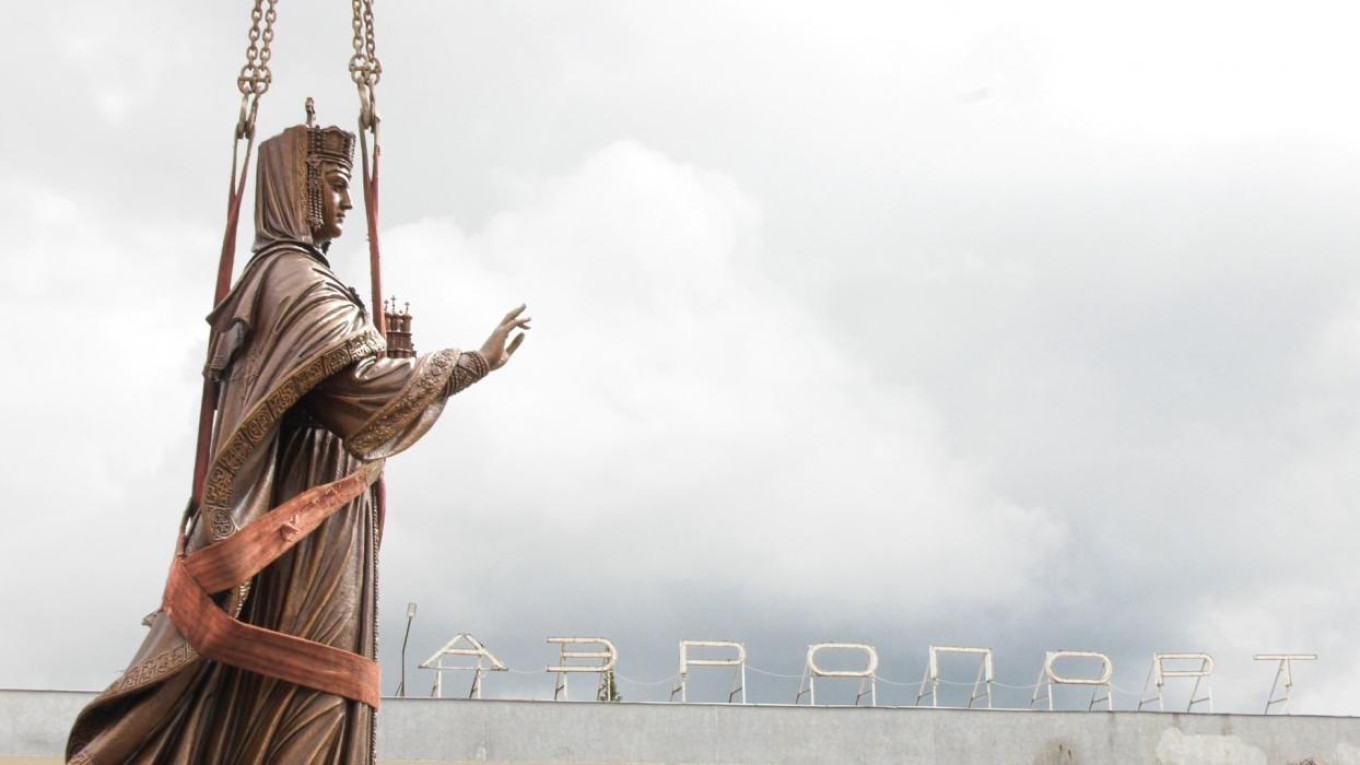
- Surreal Overflow game studio released an arcade shooter game, “The Guardian of Altai.” Set in Russia’s southern Siberian republic of Altai, it invites players to “take the path of the shaman and defend the Altai lands.” The game is available on the Russian gaming platform VKPlay.
A Message from The Moscow Times:
Dear readers,
We are facing unprecedented challenges. Russia's Prosecutor General's Office has designated The Moscow Times as an "undesirable" organization, criminalizing our work and putting our staff at risk of prosecution. This follows our earlier unjust labeling as a "foreign agent."
These actions are direct attempts to silence independent journalism in Russia. The authorities claim our work "discredits the decisions of the Russian leadership." We see things differently: we strive to provide accurate, unbiased reporting on Russia.
We, the journalists of The Moscow Times, refuse to be silenced. But to continue our work, we need your help.
Your support, no matter how small, makes a world of difference. If you can, please support us monthly starting from just $2. It's quick to set up, and every contribution makes a significant impact.
By supporting The Moscow Times, you're defending open, independent journalism in the face of repression. Thank you for standing with us.
Remind me later.



